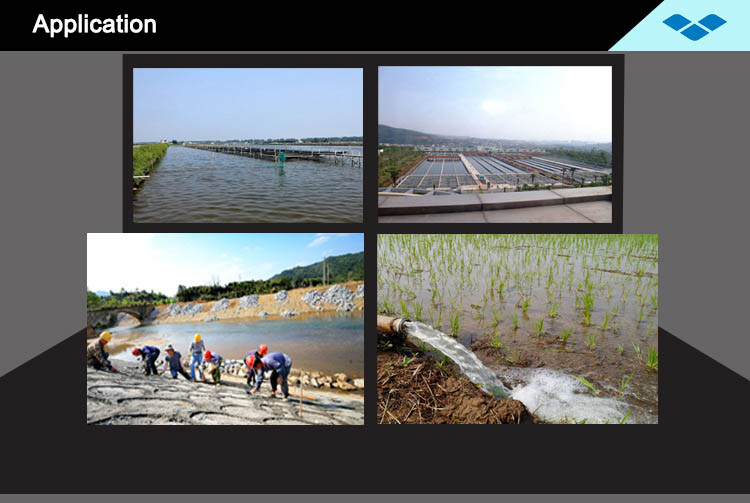Catalan
- Afrikaans
- Albanian
- Amharic
- Arabic
- Armenian
- Azerbaijani
- Basque
- Belarusian
- Bengali
- Bosnian
- Bulgarian
- Catalan
- Cebuano
- Corsican
- Croatian
- Czech
- Danish
- Dutch
- English
- Esperanto
- Estonian
- Finnish
- French
- Frisian
- Galician
- Georgian
- German
- Greek
- Gujarati
- Haitian Creole
- hausa
- hawaiian
- Hebrew
- Hindi
- Miao
- Hungarian
- Icelandic
- igbo
- Indonesian
- irish
- Italian
- Japanese
- Javanese
- Kannada
- kazakh
- Khmer
- Rwandese
- Korean
- Kurdish
- Kyrgyz
- Lao
- Latin
- Latvian
- Lithuanian
- Luxembourgish
- Macedonian
- Malgashi
- Malay
- Malayalam
- Maltese
- Maori
- Marathi
- Mongolian
- Myanmar
- Nepali
- Norwegian
- Norwegian
- Occitan
- Pashto
- Persian
- Polish
- Portuguese
- Punjabi
- Romanian
- Russian
- Samoan
- Scottish Gaelic
- Serbian
- Sesotho
- Shona
- Sindhi
- Sinhala
- Slovak
- Slovenian
- Somali
- Spanish
- Sundanese
- Swahili
- Swedish
- Tagalog
- Tajik
- Tamil
- Tatar
- Telugu
- Thai
- Turkish
- Turkmen
- Ukrainian
- Urdu
- Uighur
- Uzbek
- Vietnamese
- Welsh
- Bantu
- Yiddish
- Yoruba
- Zulu
Telephone: +86 13120555503
Email: frank@cypump.com
nov. . 23, 2024 06:48 Back to list
pump sewer system
The Pump Sewer System Enhancing Wastewater Management
In modern urban infrastructure, effective wastewater management is crucial for maintaining public health and environmental sustainability. One of the innovative solutions that have gained traction in recent years is the pump sewer system, a design that enhances the efficiency and reliability of sewage transport in various settings, particularly those with challenging topographies and low-density developments.
Understanding Pump Sewer Systems
A pump sewer system, often referred to as a grinder pump system, is designed to manage wastewater from homes or businesses that are located below the level of the municipal sewer line. In essence, this system utilizes a series of small pumps, or grinder pumps, to transport sewage to the main sewage system. The pump station grinds solid waste into a slurry, which ensures that it can be easily pushed through small-diameter pipes with minimal risk of blockage.
Key Components
A typical pump sewer system consists of several key components
1. Grinder Pumps These are the heart of the system. Grinder pumps are equipped with powerful blades that shred solid waste into fine particles, making it easier to transport.
2. Pump Chambers Wastewater from each building is collected in a cylindrical tank or chamber, where the grinder pump is housed. These chambers can be situated underground or at an accessible location above ground.
3. Pressure Pipes Once the waste is ground up, it is transported through pressure pipes to a central sewer system or treatment facility. These pipes can be smaller in diameter compared to traditional sewer lines, reducing excavation costs and installation complexities.
4. Control Panels These panels manage the operation of the pumps, often including alarms for malfunction detection and monitoring the system’s performance.
Advantages of Pump Sewer Systems
pump sewer system

The pump sewer system offers multiple advantages, particularly for rural or hilly areas where traditional gravity sewer systems may not be feasible.
1. Flexibility in Installation Because pump sewer systems do not rely on gravity, they can be installed in locations with varying elevations. This flexibility is especially beneficial in regions where the topography poses a challenge for conventional sewer layouts.
2. Reduced Environmental Impact By minimizing the need for extensive excavation, pump systems can reduce the ecological disturbance associated with traditional sewer installations. This is particularly important in sensitive areas, such as those near wetlands or urban neighborhoods where space is limited.
3. Cost-Effectiveness Pump sewer systems can often be less expensive to install than gravity systems, particularly in low-density or rural areas. The smaller pipe sizes and reduced excavation requirements can lead to significant savings in both materials and labor costs.
4. Increased Reliability With fewer points of potential failure and clogging compared to traditional sewer systems, pump sewer systems can often operate more reliably in diverse conditions.
Challenges and Considerations
While pump sewer systems present numerous benefits, they also come with their own set of challenges. Regular maintenance is essential to ensure the pumps operate effectively, as clogs or mechanical failures can lead to sewage backups. Moreover, residents must be educated about what can and cannot be disposed of in the system to prevent unnecessary damage to the pumps.
Additionally, pump sewer systems often require electricity to operate, which can raise concerns about reliability during power outages. Backup systems, such as generators, may be necessary in some cases to ensure continuous operation.
Conclusion
As communities continue to grapple with the complexities of wastewater management, pump sewer systems offer a viable and innovative solution. By addressing challenges posed by geography and urban density, these systems enhance the efficiency of sewage transport and contribute to improved public health and environmental protection. With ongoing advancements in technology and infrastructure planning, pump sewer systems are poised to play an increasingly important role in sustainable urban development. As cities evolve, so too must their approaches to managing one of their most vital resources—wastewater.
-
Heavy-Duty Mining Sludge Pumps - Wear-Resistant Slurry Handling
NewsAug.02,2025
-
Horizontal Split Case Pump with GPT-4 Turbo | High Efficiency
NewsAug.01,2025
-
ISG Series Pipeline Pump - Chi Yuan Pumps | High Efficiency, Durable Design
NewsAug.01,2025
-
Advanced Flue Gas Desulfurization Pump with GPT-4 Turbo | Durable & Efficient
NewsJul.31,2025
-
ISG Series Vertical Pipeline Pump - Chi Yuan Pumps | Advanced Hydraulic Design&Durable Construction
NewsJul.31,2025
-
ISG Series Vertical Pipeline Pump - Chi Yuan Pumps | Energy Efficient & Low Noise
NewsJul.31,2025










